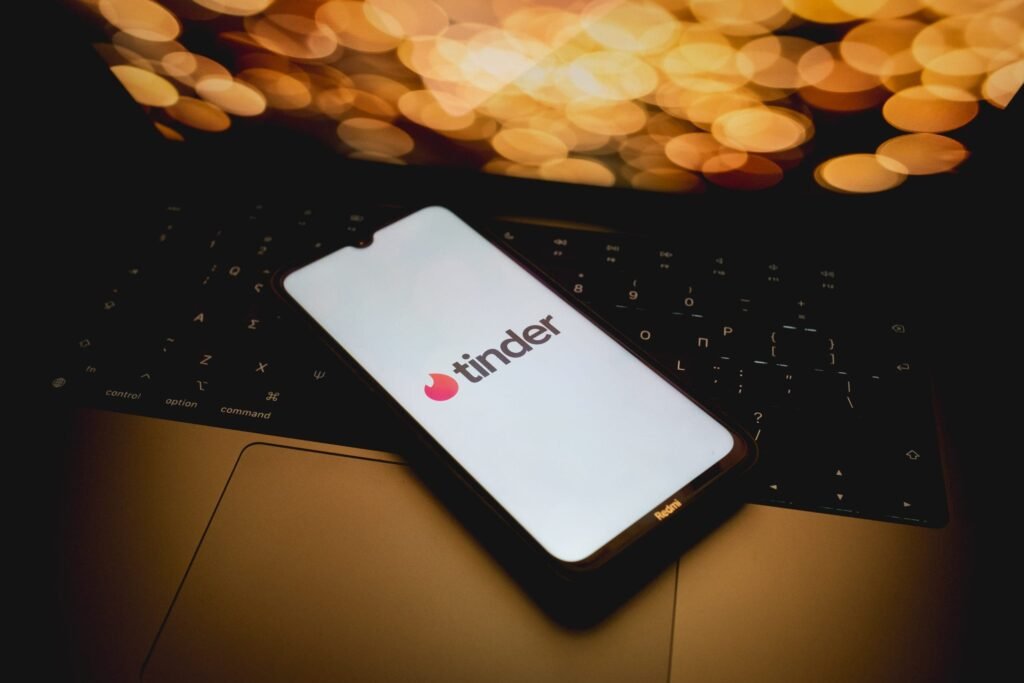Dave Green, regional director for United Auto Workers District 2B, said the union’s strike will continue “for as long as necessary.”
From heartstrings to purse strings, online dating has changed the way we think about love and culture, but what if it’s also changing the way we think about money?
A recent paper by researchers at the Federal Reserve Bank of Dallas and St. Louis and Haverford College suggests that online dating may have contributed to the widening income inequality in the United States in recent decades, as people increasingly swipe left on potential mates who don’t meet their standards in certain areas.
According to a Bloomberg report, the researchers concluded that “the rise of dating apps that allow people to search for partners based on criteria like education has led more Americans to marry people who are similar to them, accounting for roughly half of the increase in household income inequality between 1980 and 2020.”
Looking for love on LinkedIn? Data suggests new trend
The Tinder logo appears on a smartphone screen in Athens, Greece on May 30, 2024. (Nikolas Kokovlis/NurPhoto via Getty Images)
The researchers used the Census Bureau’s American Community Survey to pull data from 2008 to 2021 to assess changes in how men and women select potential partners in the age of online dating.
As Bloomberg reports, the researchers found that women are becoming more selective when it comes to age, while men are becoming more selective when it comes to education.
“But when the researchers compared that to data on married couples from 1960 and 1980, they found that people today are more likely to choose partners with similar wages and education levels. And while many people married people of the same ethnicity, over time people became less picky about race,” the article continued.
The future of love: BUMBLE founder says AI will date for you
Online dating has changed the way people think about relationships and, according to a new study, even the dynamics of household income. (iStock / iStock)
As people of similar income brackets continue to marry, households with one low-income earner and one high-income earner will become less common and will instead have partners in similar income brackets.
Paulina Restrepo Echavarria, economic policy adviser to the Federal Reserve Bank of St. Louis, expanded on the study in a blog post earlier this month, explaining that the assessment focuses on a few specific areas, including “the extent to which people prefer people who are similar to themselves,” “how picky people are when searching for a future partner,” and “how people’s pickiness affects income inequality.”
The data showed that online dating increased the Gini coefficient, a measure often used to assess income inequality, by three percentage points, according to the report.
Dating app requires credit score of 675 or higher: ‘Only for those with good credit’
Barron’s senior writer Megan Leonhart responded to Bumble’s plummeting revenue on Barron’s Roundtable.
“We find that changes in mate preferences and increasing assortativity along skills and education account for roughly half of the increase in income inequality between households over this period,” the researchers wrote.
“We find that the rise in income inequality over the past half century can be explained to a large extent by the interactions between vertical characteristics such as income and skills and education,” they added in their conclusion.
Click here to get FOX Business on the go
Yourmove.ai founder Dmitri Mirakyan and Tinder’s “most right-swiped man” Stefan-Pierre Tomlin discuss the benefits of leveraging AI and human experts to optimize the online dating experience.

